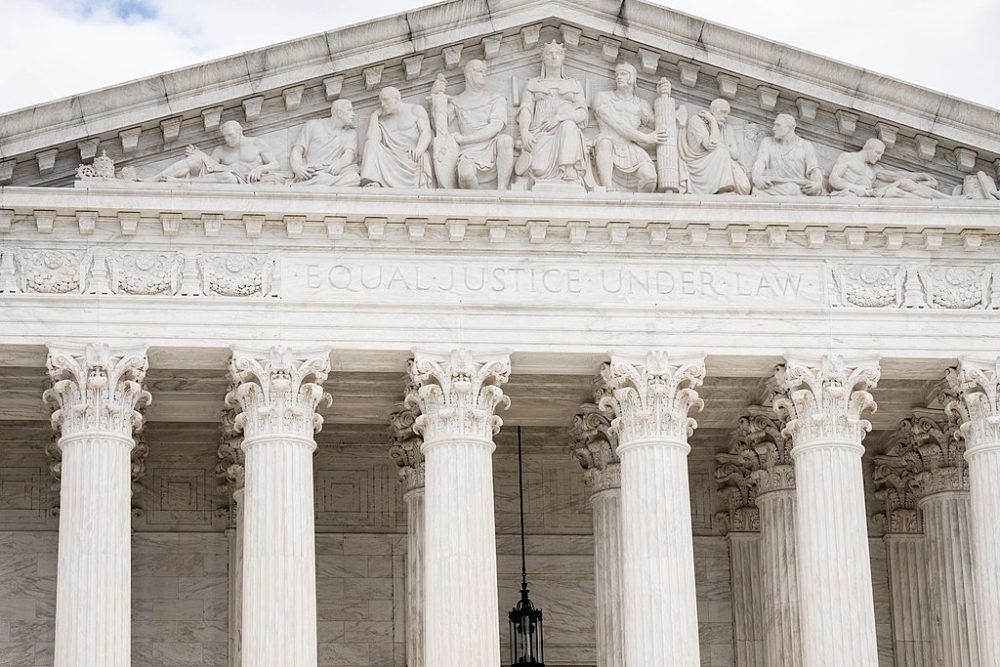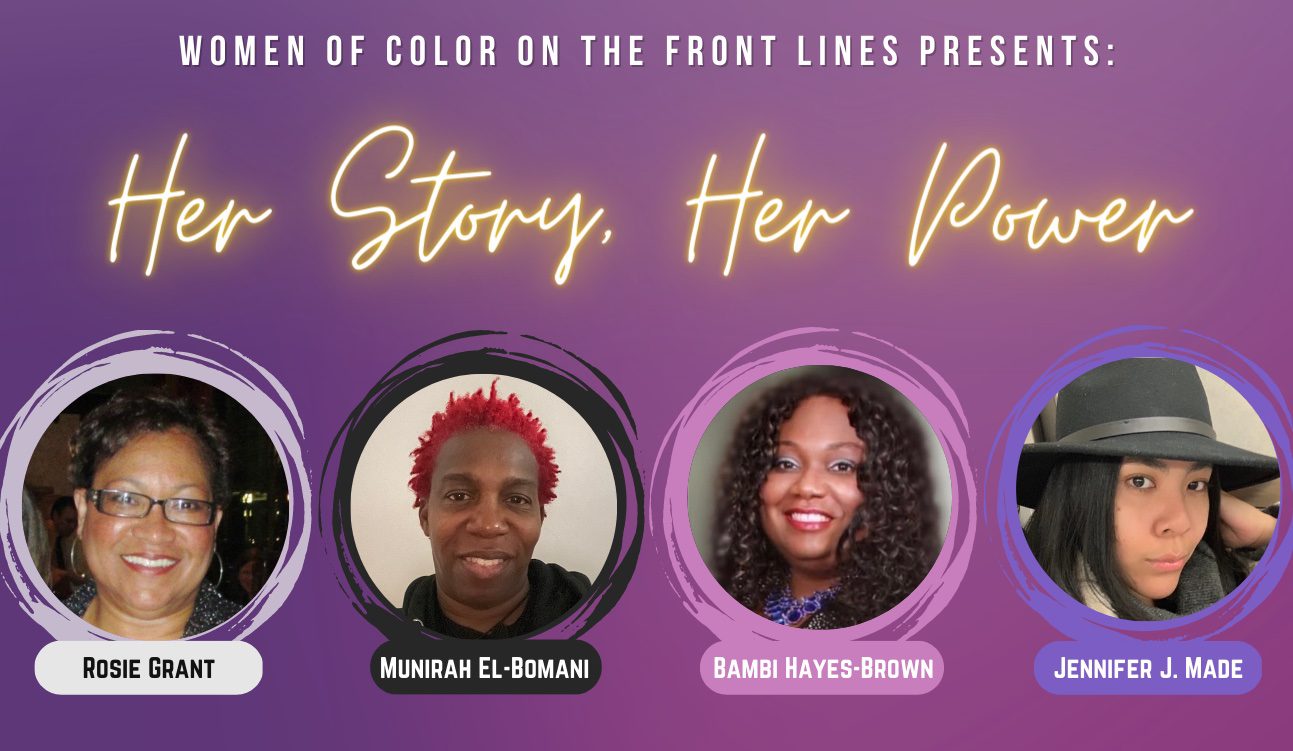
During my first year at college, I took an Intro to Geology class from Professor Jill Schneiderman, who had been a student of Stephen Jay Gould. She did a unit about paleontology—about life and systems change on the scale of geologic time. Partly because I loved dinosaurs as a kid and partly because of this deep and inspiring introduction to evolutionary thinking, I really and seriously considered studying paleontology. But ultimately, paleontology did not seem connected enough to the current moment and the difference I wanted to make.
But I have been thinking a lot about paleontology in light of events around Ferguson (see earlier posts on Ferguson here and here) and beyond.
Stephen Jay Gould’s biggest contribution to paleontology and evolutionary biology is probably the theory of punctuated equilibrium. Contemporaneous thinking was that evolution happened slowly, with natural selection pruning away less successful genetic mutations in successive generations. However, such gradualism can only account for a certain scale of diversity in traits. Punctuated equilibrium says that instead of a long, steady march, we have longer periods of relative stasis/drift punctuated unpredictably by shorter periods of turmoil and rapid, large-scale change across a broad field of life, usually in response to a major disruption.
Punctuated equilibrium applied to dinosaurs (in my popular science-light , narrative-y way) says that dinosaurs didn’t go extinct because they were out-competed by mammals over a long, gradual process. Dinosaurs “ruled the earth” for over a hundred million years, many orders of magnitude longer than humans have been on the planet, longer even than the widespread propagation of mammals and our ilk. Dinosaurs were highly “successful” and well adapted to a huge diversity of settings. Dinosaurs likely died— along with ~75 percent of the world’s species at the time—because of a catastrophic event.
This is a deeply important point about the theory of punctuated equilibrium. Catastrophe/disruption drives large scale change. Dinosaurs didn’t lose some evolutionary competition. They were wiped out by an asteroid impact. But when we look at life retrospectively, when we look at the record of change that is literally written in stone (i.e., fossils), we wrongly presume/impose the story of life/evolution as a competition that drives us progressively towards better adaptation—we diminish how contingent and chaotic life is and how different things could have been. And more to the point, we misunderstand large scale change as something that happens slowly; when, in reality, big changes happen fast.
In the 2014 book, The White Racial Frame, Joe Feagin writes, “In the U.S. case, racial oppression has a deep structure, long equilibrium periods, and occasional bursts of substantial change. Today, those concerned about significantly eradicating large-scale oppression in U.S. society need to press hard for new societal choice points and, then, to be prepared to act when those choice points come.” This is in direct contrast to President Obama’s message to Ferguson protestors during his recent BET Networks interview: “Typically progress is in steps. It is in increments. When you’re dealing with something as deeply rooted as racism … you have to realize that it’s going to take some time. You just have to be steady.” The president speaks in gradualist terms to urge protestors in Ferguson to patience and moderation. But I disagree that it is time to be patient and moderate.
My current crackpot theory is that we are in the midst of a larger scale social disruption/change event(s), the likes of which we haven’t seen in 40+ years. Not just in terms of racial politics, but across a wide swath of our lives. Media, communications, technology, entertainment, immigration policy, finance, housing, the social safety net, marriage, drug policy, criminal justice, education, community development, politics, health care, residential patterns, etc. have all been disrupted. We live in punctured times. In so many spheres, we are seeking new points of equilibrium and moving in new directions (some good, some bad).
In social movement formation, for example, it’s exciting how younger activists are using new media and new technology to organize, how something like #Blacklivesmatter can catch like wildfire.
And this is what we need more of. Not more moderation and incremental steps. It is in times of disruption/crisis that we have the greatest ability to leverage large scale social change across a wide field. It is at this precise moment that we should be pushing harder, that we should be rising up in anger and in hope to change our social institutions and practices.
We spend more of our lives in calmer waters, in which deep injustices are institutionalized and normalized. In normal times, we can act in terms of patient steps, in terms of building deliberately, in terms of incremental milestones and predictable metrics. But (I believe, at least) we are at a critical juncture where bigger social change is possible. Those of us (and I mean me too) who are usually about smaller, incremental changes—who are usually more about patience and system building—need to step up or get out of the way.
More on this in subsequent posts.
(Photo credit: Flickr user Till Krech, CC BY 2.0)






Comments